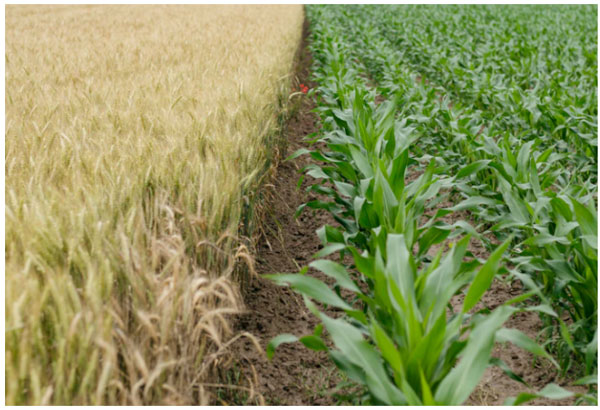A new regional policy on agricultural and trade policy reforms will boost trade between member states in Uganda. This is according to executive director of Association for Strengthening Agricultural Research in Eastern and Central Africa (Asareca), Mr Enock Warinda
Mr Warinda made the remarks yesterday during the opening of a dialogue between the 11 member states on the new regional policy which, according to him, will be ready in a month.
“The reforms will focus on the standardization of some of the commodities traded within the eastern and central African region. We want to increase the trade, accessibility of the farmers and practitioners to the market both within and outside their countries,” he said.
“We have already come up with a framework. We believe this dialogue is going to enrich, that we will be ready with the draft and share it with a caucus of professionals who will analyse it to make sure it is customized to each country, then escalate it to the regional level,” he added.
Operational capacity
Mr Warinda said the regional policy is aimed at having an expanded market base for commodities and trade.
“We are going to come up with a good roadmap on how to increase trade, market accessibility and standardisation of our goods within the region,” he said.
The programme officer in-charge of policy at Asareca, Ms Julian Barungi, said the policy framework will be rolled out through the Comprehensive Africa Agriculture Development Programme-Expilar IV Project (CAADP-XP4 Project).
“We want to enable agricultural research and innovation, including extension services to contribute effectively to food and nutrition security, economic development and climate mitigation in Africa,” she said.
Ms Barungi said the policy framework will strengthen the operational capacity of Asareca and its sub-regional partner organisations through improving collaboration within the national, sub-regional and continental agriculture research and extension organisations.
The director general of learning agriculture, food and security in government of South Sudan, Mr John Pangech, said the reform policy will help address challenges faced by countries in the agricultural sector.
“There is a decline of agricultural performance in our country. Farmers are having low rotations, deficiency in technologies and lack of opportunities in terms of market, among other issues we face that we hope the policy will solve,” he said.
The Asareca member states include Burundi, DR Congo, Eritrea, Ethiopia, Kenya, Madagascar, Rwanda, South Sudan, Sudan, Tanzania and Uganda.








